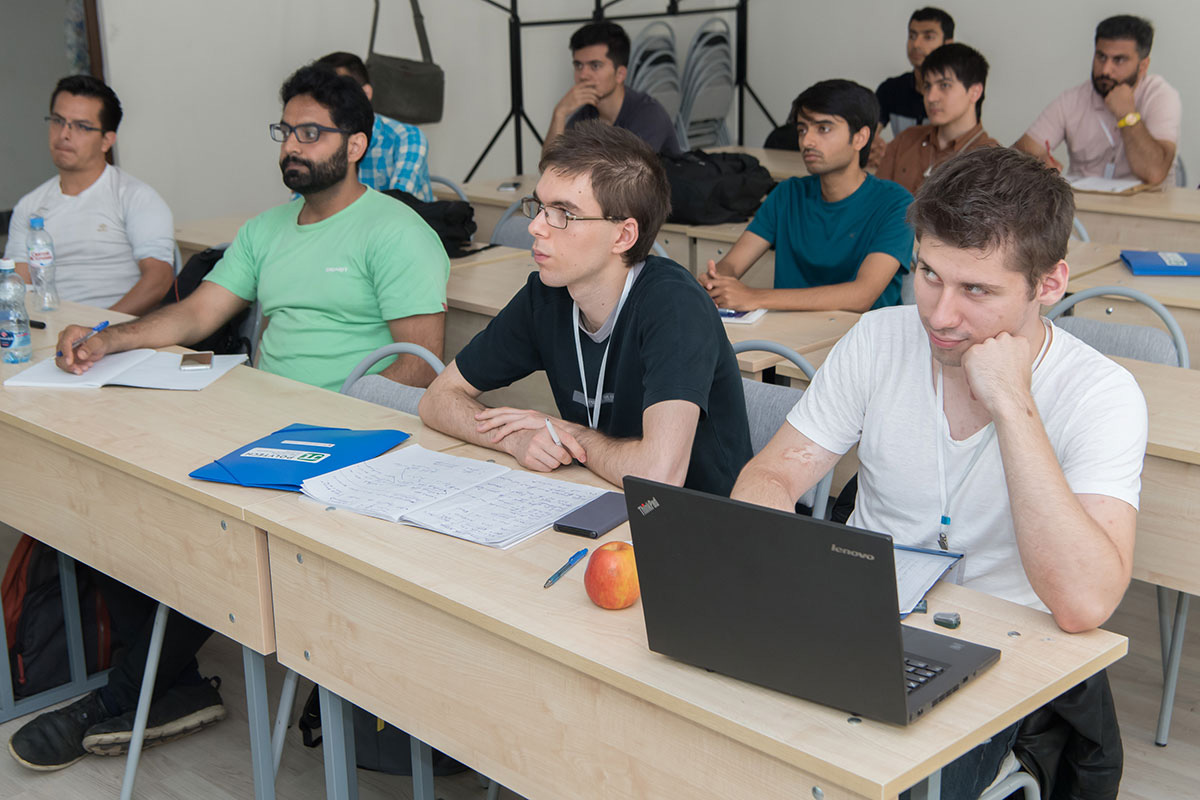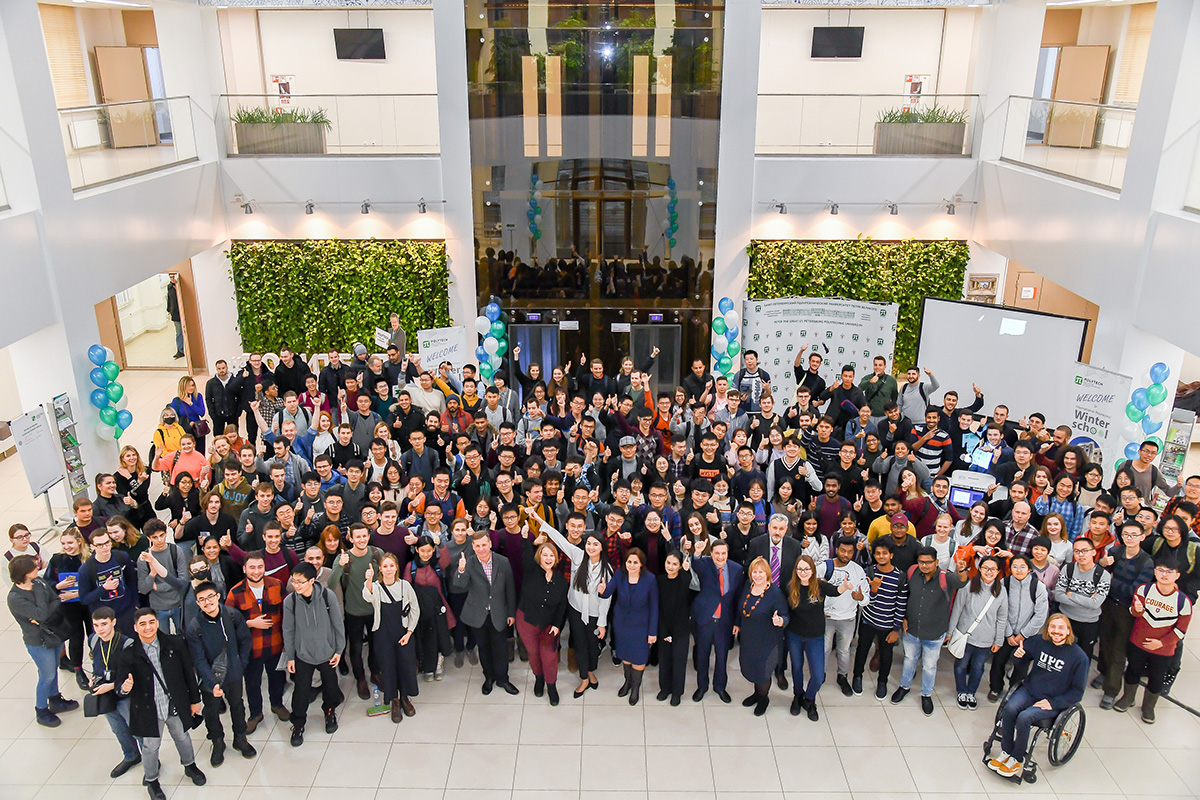Additive Manufacturing and Joining Technologies
The course also can be arranged as the tailor-made programe for a group of minimum 10 students upon request (the dates and terms can be discuss individually)


- Brief description
In the course of the programme implementation the following tasks are solved: 1) mastering the technology of electric arc growing from wire; 2) mastering the technology of laser growing from powder material; 3) mastering the technology of friction stir welding; 4) familiarisation with the processes occurring during the implementation of technologies.
Duration: 2 weeks
ECTS credits: 5.0
Participation fee: 50 000 RUB
Upon successful completion of the course students will receive hard copies of certificates with ECTS credits.
Deadline for registration: December 01, 2025
- Cultural program
We offer our students excursions to the most famous palaces, monuments, museums of St. Petersburg, as well as other cultural activities.
- Entrance requirements
- • Good command of English. All classes and extracurricular activities are carried out in English;
- • Students from different area (material science, mechanical engineering, physics, etc) finishing a Bachelor or in Master;
- • Engineers from industries interested in an introduction and a general overview on AM and JT;
- • Scientists and/or senior engineers interested in advanced topics and actual challenges in AM and JT.
- Course description
Block 1: basics
- • Overview of metallic additive manufacturing and friction based joining techniques;
- • Fundamentals on different technologies (PBF, DED, WAAM, FSW …);
- • Physics and mechanics of thermomechanical processes (thermomechanics basics, phase transformation, residual stresses …);
- • Metallurgical and mechanical properties.
Block 2: advanced
- • Physics of the energy-matter interaction;
- • Advanced metrology in additive manufacturing;
- • Friction based processes and impact on microstructures and properties;
- • Microstructure and advanced physical properties;
- • Focus on steels and aluminium, nickel and titanium alloys,
- Within the school, students will have the opportunity to develop their own project under the guidance of specialists in telecommunications, biophotonics and fiber optics. The development of the project will consist of both the theoretical part (the schematic part and the corresponding calculations), and the practical part where students can assemble and test their own device.
Block 3
- •Experimental demonstrations and field trips to industrial companies.
Block 4
- •Intensive course of Survival Russian language.
Professors and lecturers:
- Anton Naumov, professor, Polytech, Russia
Contacts:
Summer and Winter Schools Team
- summerschool@spbstu.ru
- +7 (812) 534-25-31
- room 227, 28, Grazhdanskii prospect, 195220, St.Petersburg, Russia
